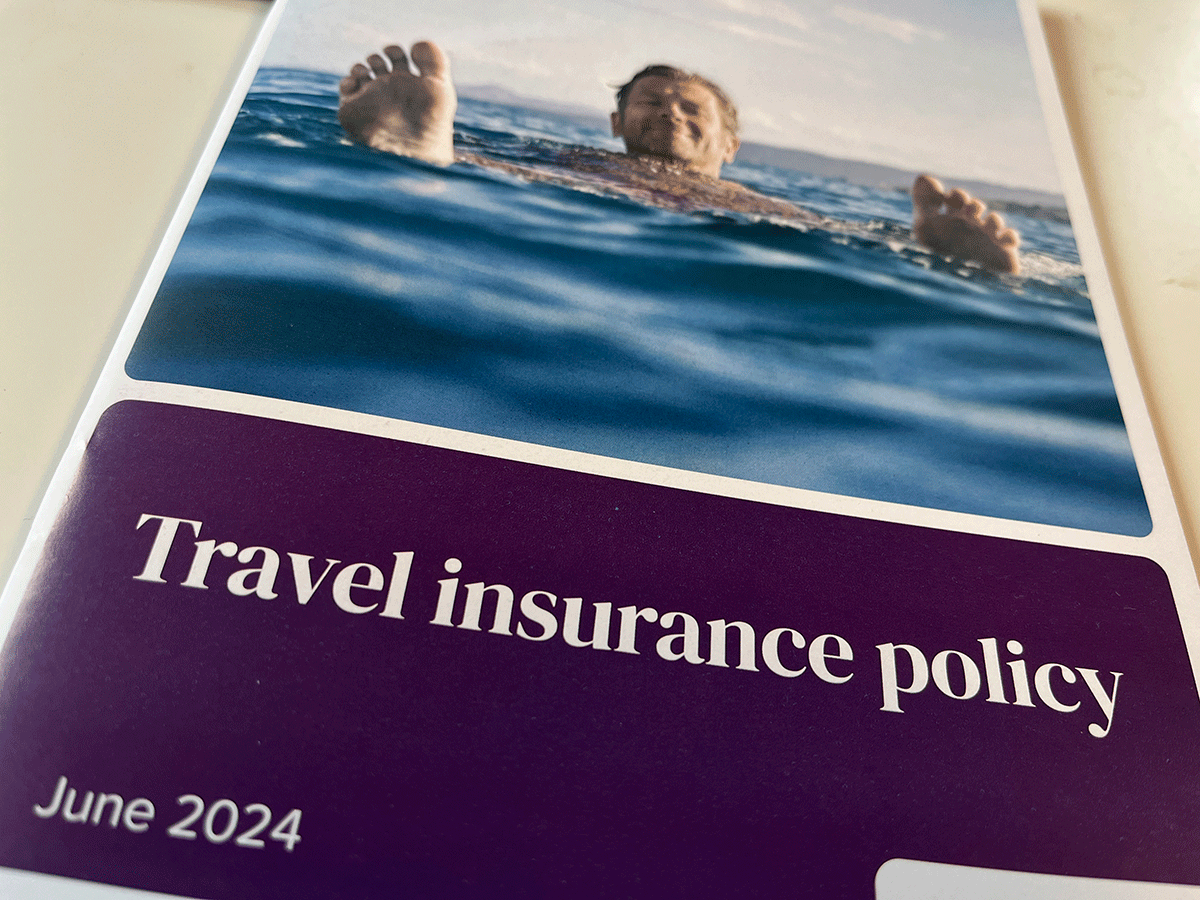While we’d always like our travels to go as smoothly as possible, we sometimes encounter medical issues that can seem scary, daunting, and impossible to overcome efficiently.
To help with this, Steve Bater, Money Saving Expert at nhsdiscountoffers.co.uk suggest six tips to handle medical emergencies abroad and potentially avoid hefty medical expenses.
- Pack a first aid kit before flying
Preparation is key when it comes to handling illness while travelling. Either because of an existing condition or just to be ready for anything, the first thing recommended is to pack a first aid kid, which can include essentials like pain relievers, antihistamines, antiseptics, and any regular medications you may require.
If you’re travelling to a country, you’ve never been to or know little about, research how its healthcare system works in advance and familiarise yourself with the local healthcare facilities. Make sure to take all steps necessary to enter the country safely, such as getting vaccinations if suggested, and keep digital copies of important health documents.
Finally, while many are tempted to skip travel insurance when booking a vacation, remember that it is indispensable, especially if embarking on a long trip. Moreover, ensure it covers a wide range of medical scenarios so you can fly with confidence.
- Get medical insurance (and a GHIC)
When travelling outside the UK, encountering a medical emergency can be daunting. Depending on the severity of the problem, the first thing to do is either find the nearest medical facility or hospital or contact your travel insurance provider to understand your coverage and seek advice.
Always carry your European Health Insurance Card (EHIC) or Global Health Insurance Card (GHIC) if travelling within Europe. These provide access to necessary state healthcare at a reduced cost or sometimes for free. In non-EU countries, having comprehensive travel insurance is essential to avoid exorbitant medical bills.
For example, getting treatment for a broken arm in the US might cost up to $4,000 without surgery, which might add an extra $10,000 to the mix.
- Read about medical systems abroad
Healthcare systems vary widely worldwide, especially in popular holiday destinations like the EU and the US. In the EU, presenting your EHIC or GHIC can help you receive medical treatment at a lower cost.
However, travel insurance is essential in the US as it operates a primarily private healthcare system where treatments can be very expensive. Familiarise yourself with the healthcare protocols of your destination before travelling. For instance, in countries like Spain or France, public healthcare is generally of high quality, whereas in the US, you’ll need to locate a suitable healthcare provider and understand the insurance claims process to avoid hefty out-of-pocket expenses.
- What to do if you need to go to an A&E department
If an emergency lands you in an A&E department while abroad, staying calm is vital. Ensure you have your travel insurance details handy and other important documents such as your passport or ID card. Inform the hospital staff about your travel insurance to facilitate the billing process, and remember that you can use a translation app if a language barrier presents itself.
Always keep a record of all treatments and expenses incurred for insurance claims. Depending on the country, you may need to pay upfront and seek reimbursement later.
- How to bring medication back to the UK
Once you’ve sorted all the bureaucratic steps of insurance, reimbursements and hospital papers and it is finally time to go back home, there are specific steps to follow if you need to bring prescriptions through the UK border.
- Obtain a copy of your prescription and ensure it is in English or translated appropriately.
- Keep the medication in its original packaging with clear labelling.
- If you can, carry a letter from the prescribing doctor detailing the medication and its necessity.
- Declare your medication at customs to avoid any issues.
Remember that some medications may have restrictions, so check the UK government’s guidelines on importing medicines before you travel.
- Beware of illegal medications
While most basic drugs are easy to travel with, international travel with certain medications can be legally complex.
You must take this into account when flying from and to the UK, as some countries have strict regulations against drugs commonly prescribed in the UK and vice versa. For example, medications containing pseudoephedrine, which is found in over-the-counter medicines like Sudafed and Vicks, are banned in Japan.
Moreover, drugs containing codeine, tramadol, or certain psychotropics may be prohibited or restricted in some countries, such as Egypt, Greece and the UAE where the above are controlled substances.
After checking your destination’s regulations and finding that you need to pack a controlled medication, consult with your GP to obtain a letter explaining the medication’s necessity. You can also contact your destination country’s embassy for clarification to avoid confiscation or legal issues.















